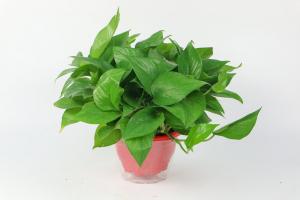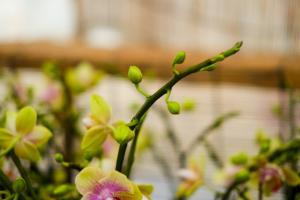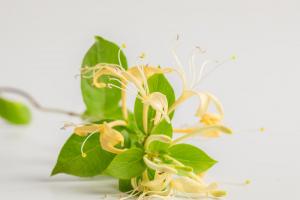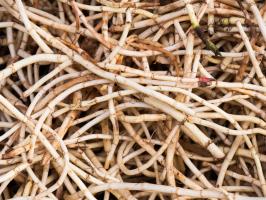How much aspirin water to use on plants
Aspirin water has become increasingly popular amongst gardeners and plant enthusiasts for its potential benefits. Aspirin, also known as acetylsalicylic acid, is a synthetic compound widely used as a pain reliever and fever reducer in humans. However, research suggests that aspirin can also have beneficial effects on plants when used properly. In this article, we discuss how much aspirin water to use on plants and the potential benefits it can provide.
What is aspirin water and how is it made?
Aspirin water is a mixture of water and crushed aspirin tablets. To make aspirin water, you will need to dissolve one to two aspirin tablets in a gallon of water. The dissolved aspirin will break down into salicylic acid which can have beneficial effects on plants. Salicylic acid is a natural hormone produced by plants that helps them resist disease and pests.
How much aspirin water should be used on plants?
The amount of aspirin water that you should use on plants will depend on the type of plant and its stage of growth. As a general rule of thumb, you should use one to two quarts of aspirin water per plant, per week. It is best to apply aspirin water before the plant enters a period of stress, such as before a heatwave or a period of drought. However, be careful not to overuse aspirin water as it can cause harm to the plant.
What are the potential benefits of using aspirin water on plants?
Aspirin water has been found to have several potential benefits for plants. For instance, it can improve the plant's ability to resist pests and disease. Salicylic acid, the active compound in aspirin, has been shown to activate a plant's immune system, making it more resistant to infections. Aspirin water can also help plants recover from stress, such as exposure to extreme temperatures or lack of water.
In addition, aspirin water can stimulate the growth of some plants. Studies have shown that some plants exposed to aspirin water produce more flowers and have increased fruit yields. However, it is important to note that not all plants respond positively to aspirin water. Some plants may be more sensitive and can become damaged or even die if exposed to high concentrations of salicylic acid.
Conclusion
In conclusion, aspirin water can have potential benefits for plants when used properly. It can improve the plant's ability to resist pests and disease, help it recover from stress, and even stimulate growth. However, it is important to use aspirin water in moderation and to be careful not to overuse it. Before applying aspirin water to your plants, be sure to research the specific needs of your plant and seek advice from a gardening professional if necessary.

 how many times do yo...
how many times do yo... how many planted tre...
how many planted tre... how many pine trees ...
how many pine trees ... how many pecan trees...
how many pecan trees... how many plants comp...
how many plants comp... how many plants can ...
how many plants can ... how many plants and ...
how many plants and ... how many pepper plan...
how many pepper plan...
































